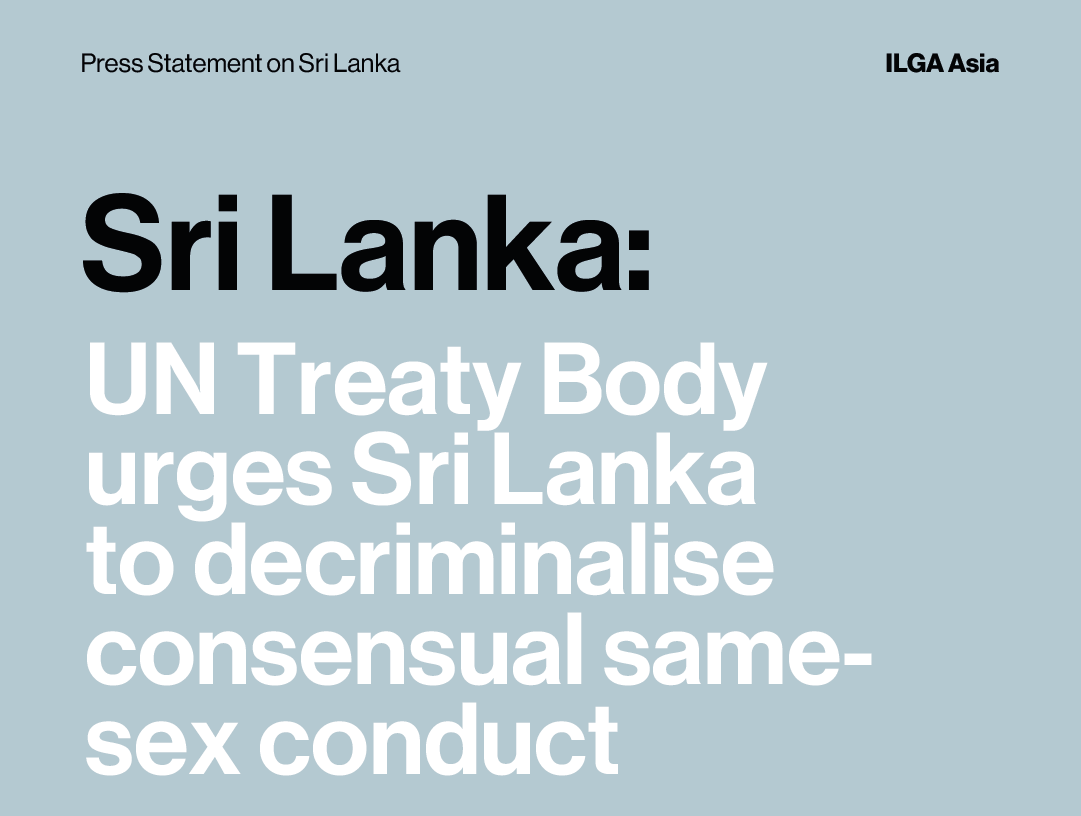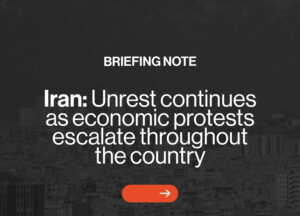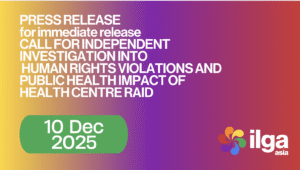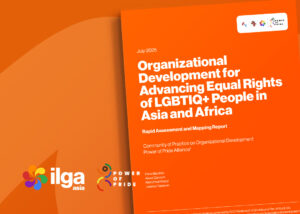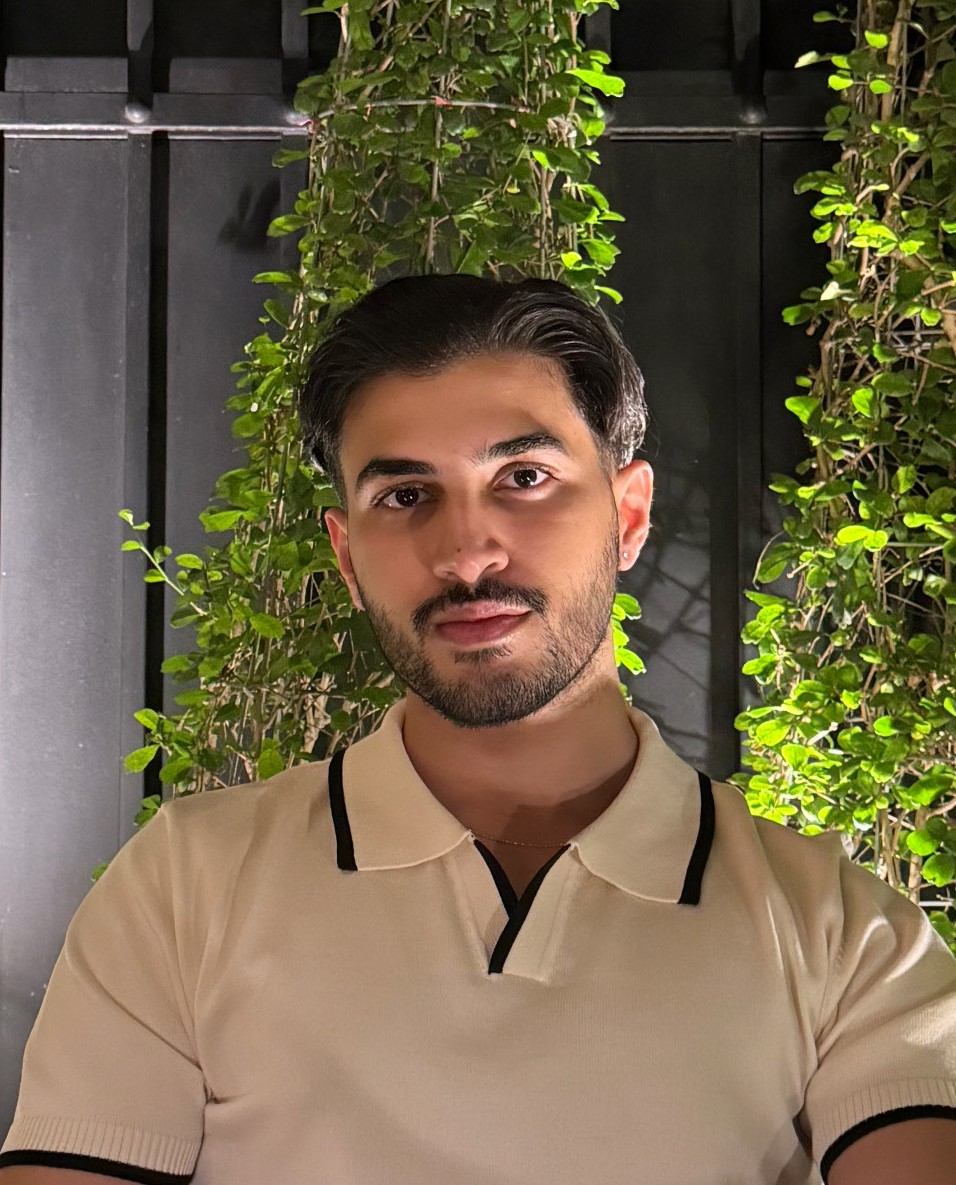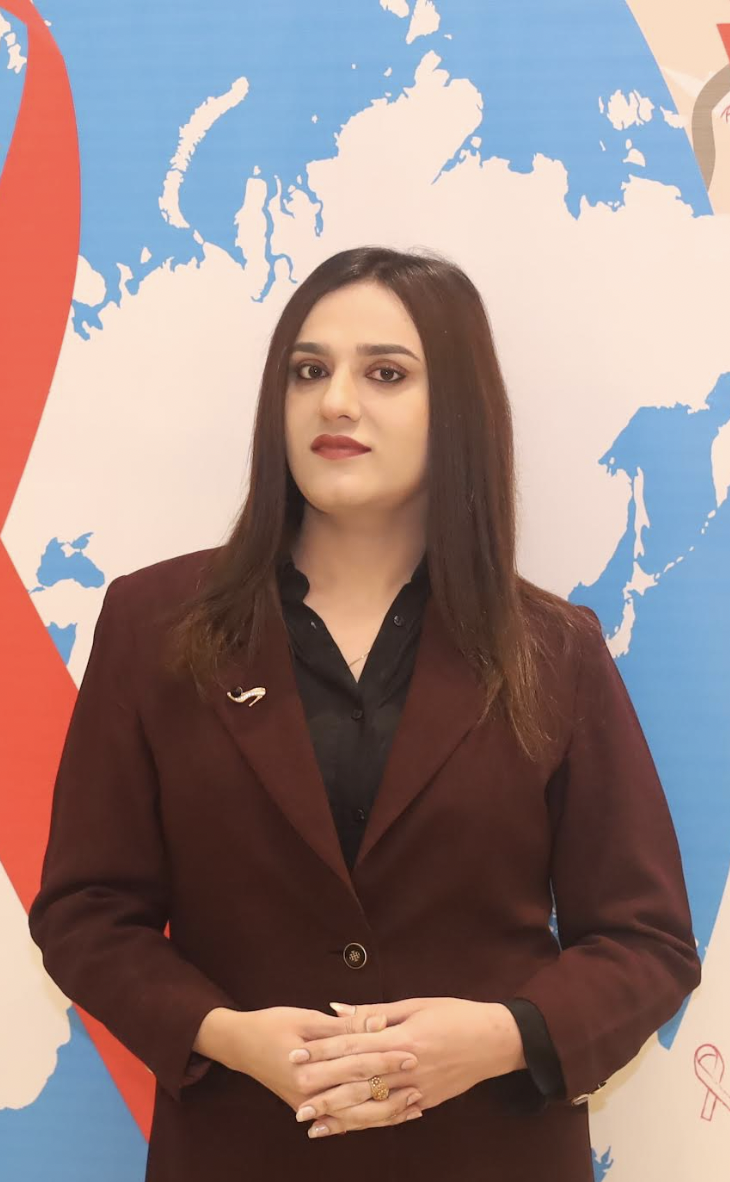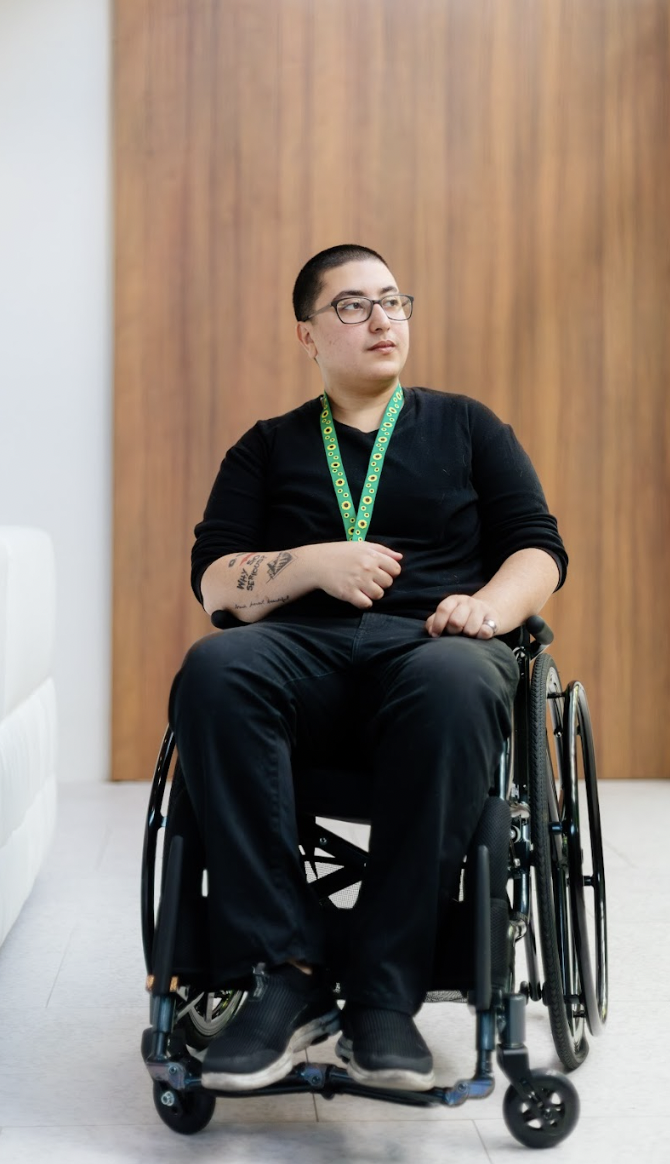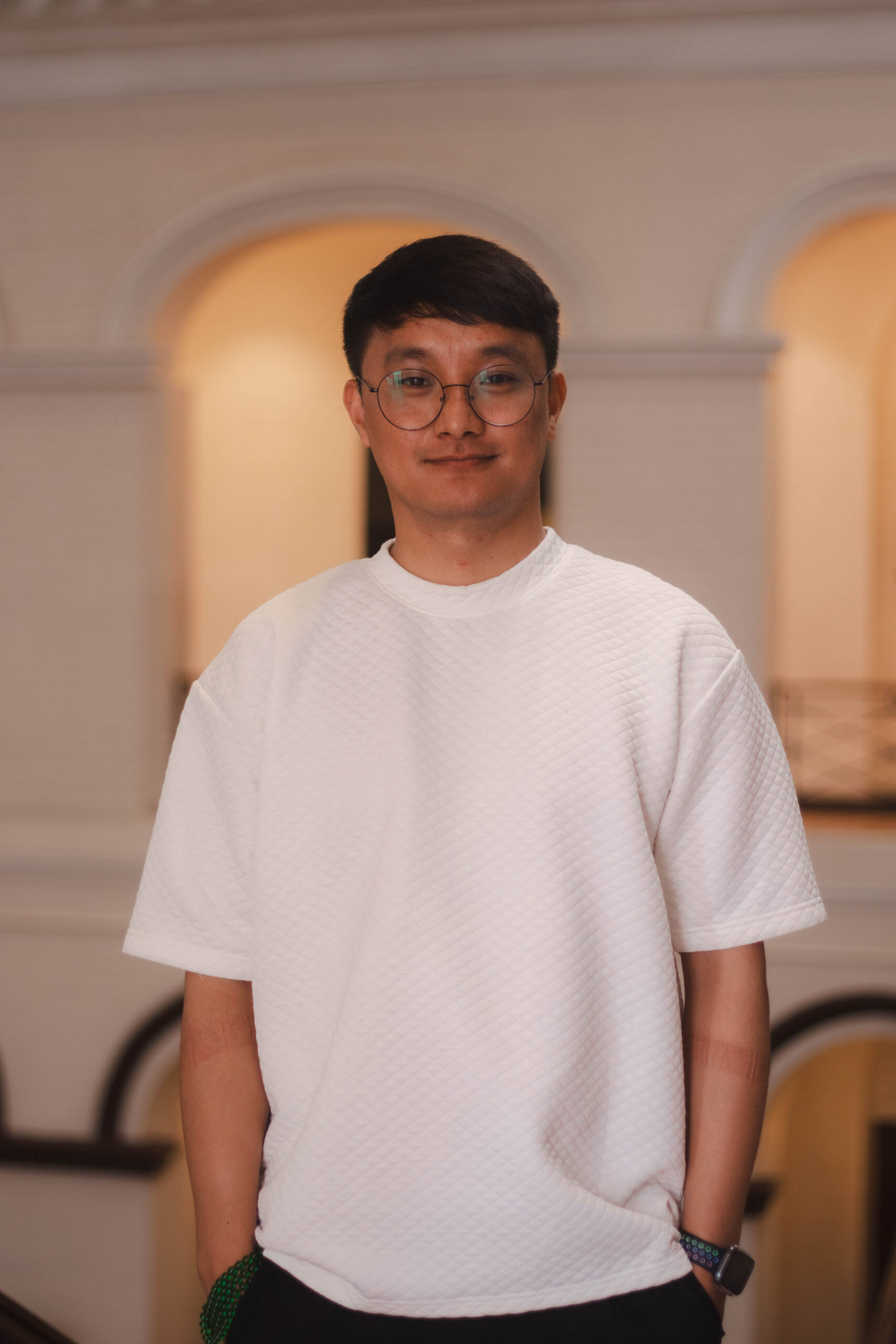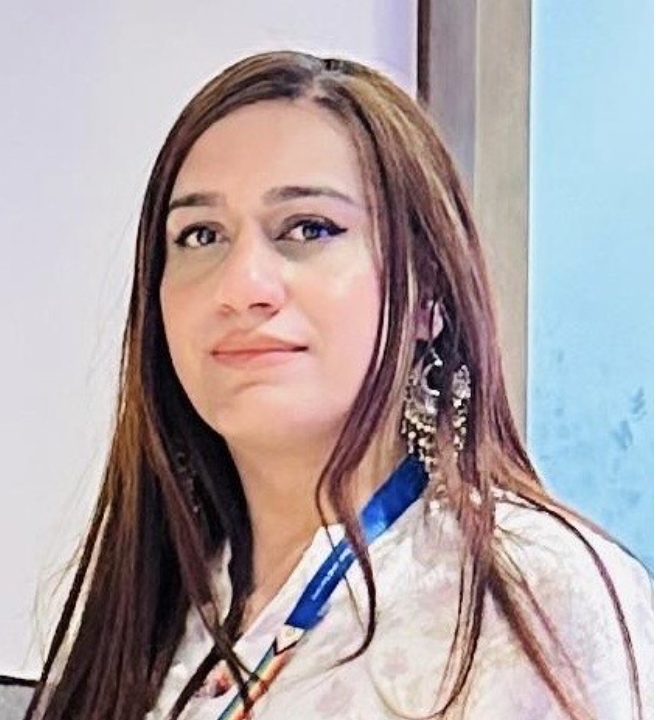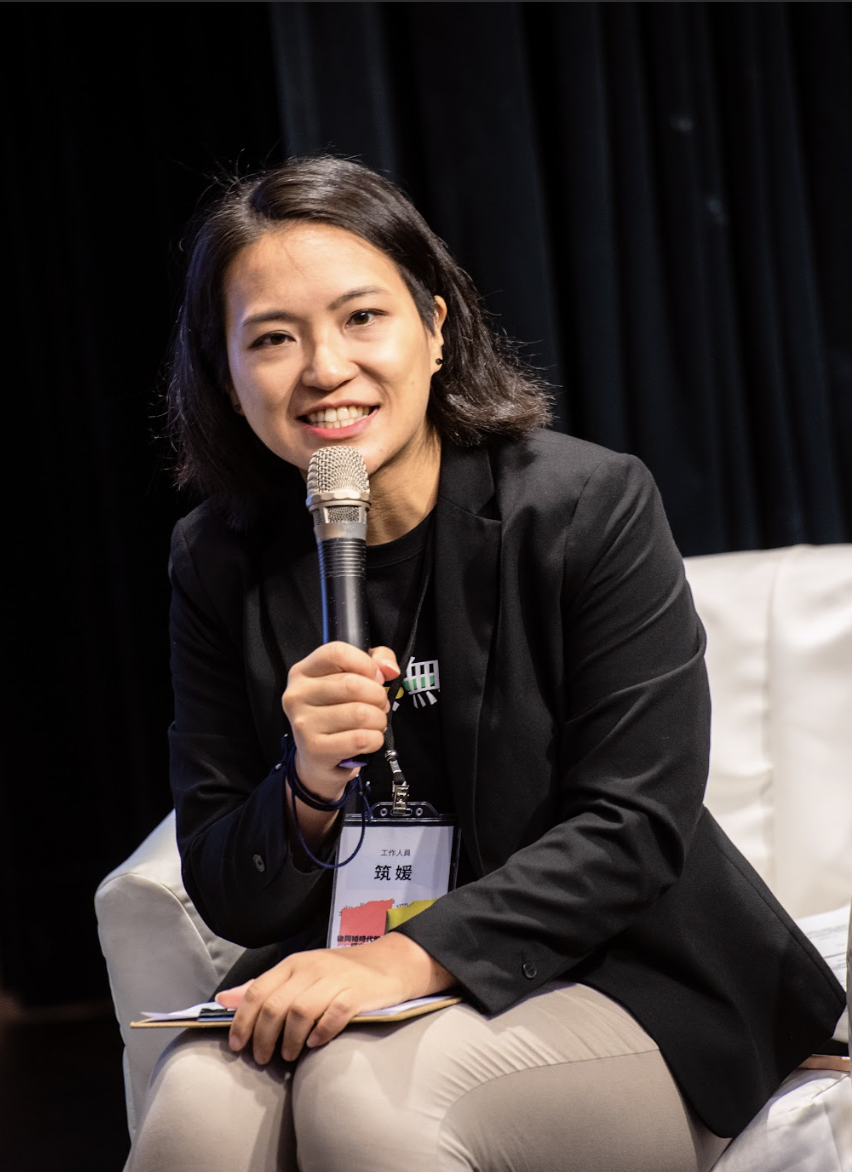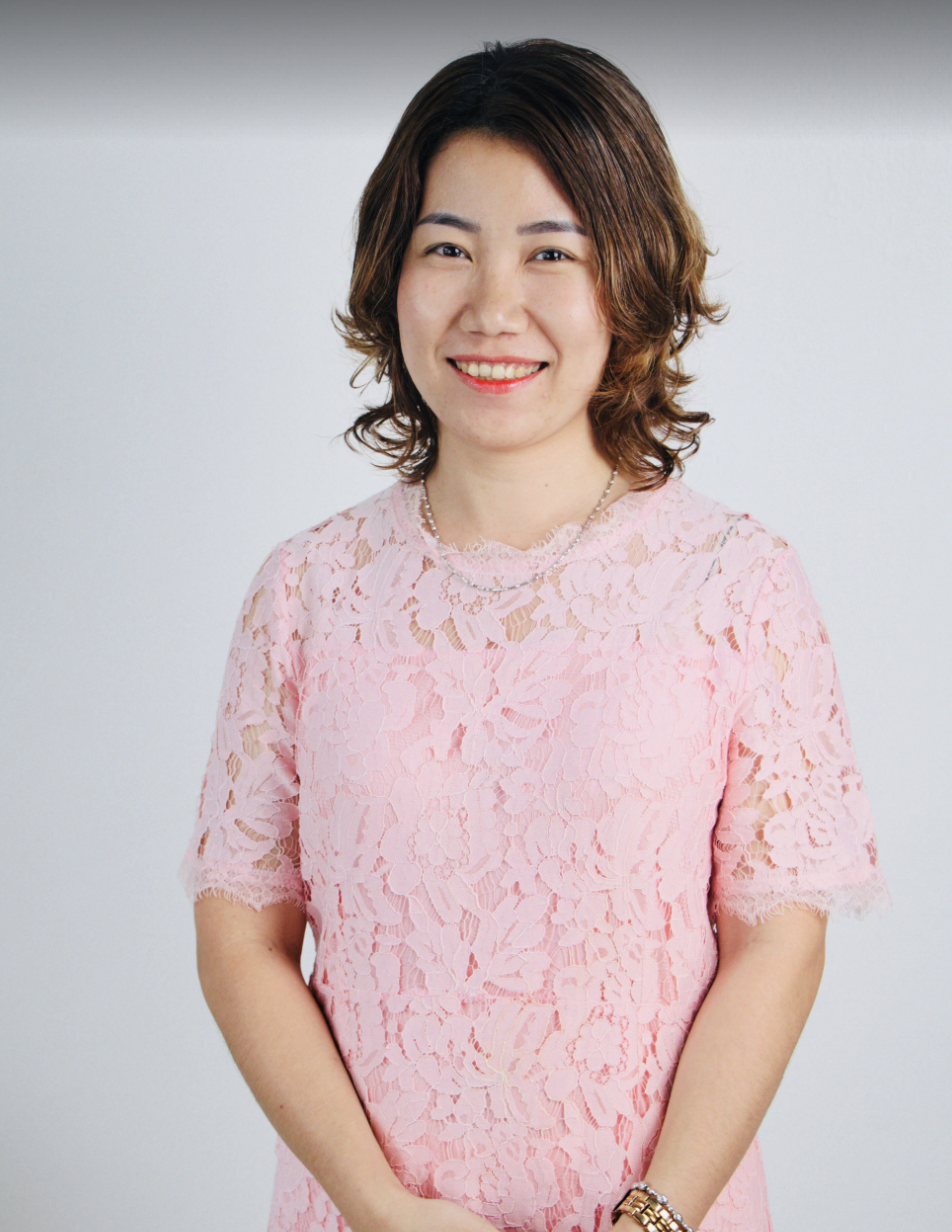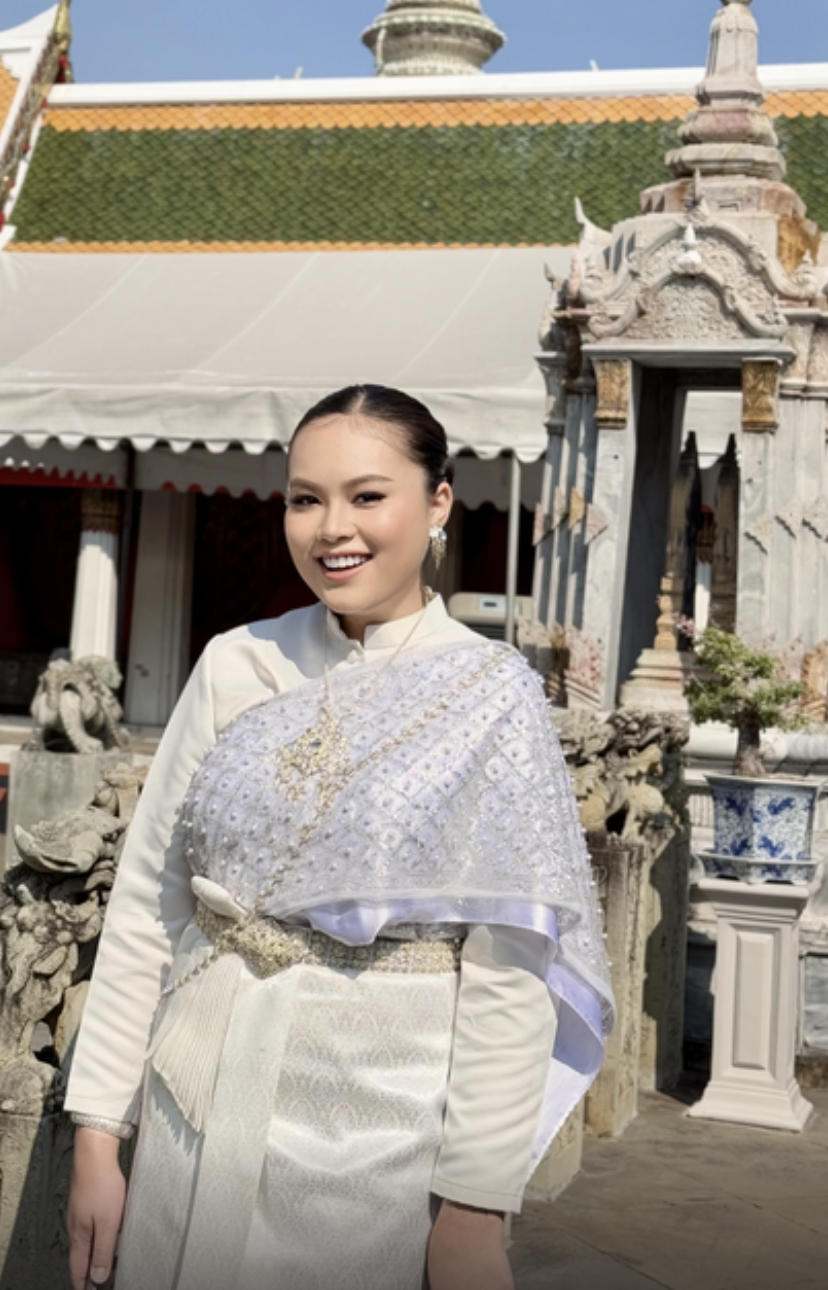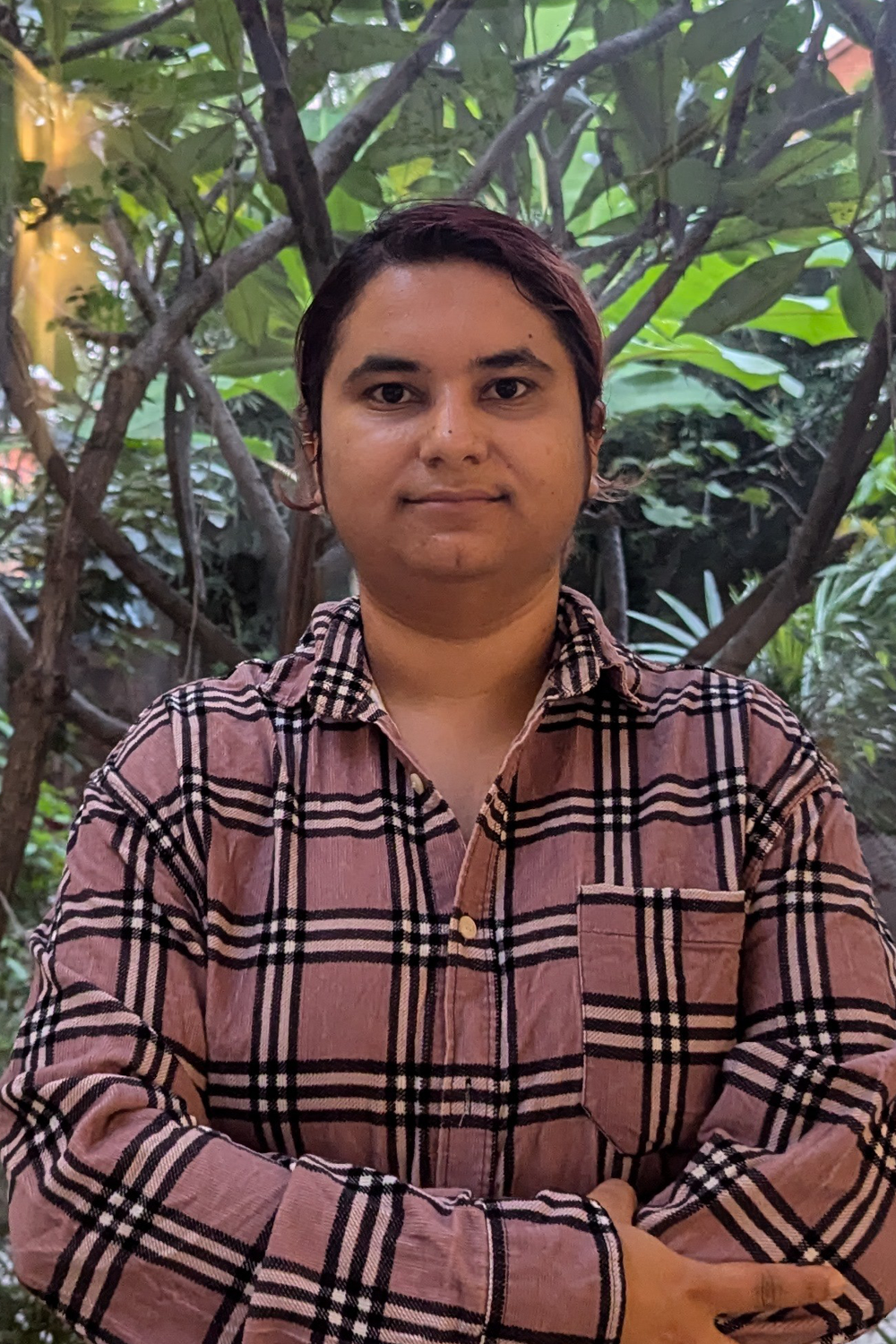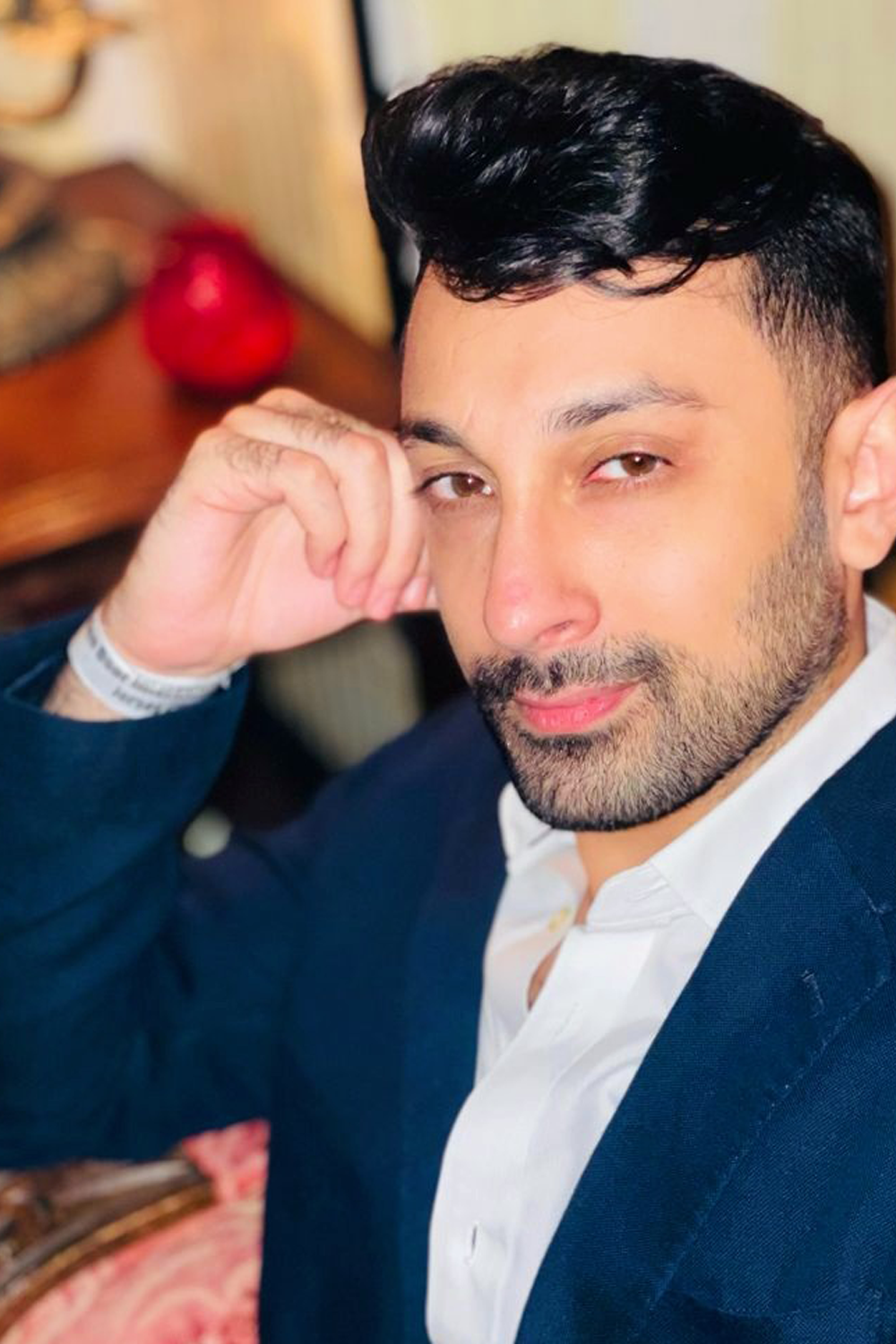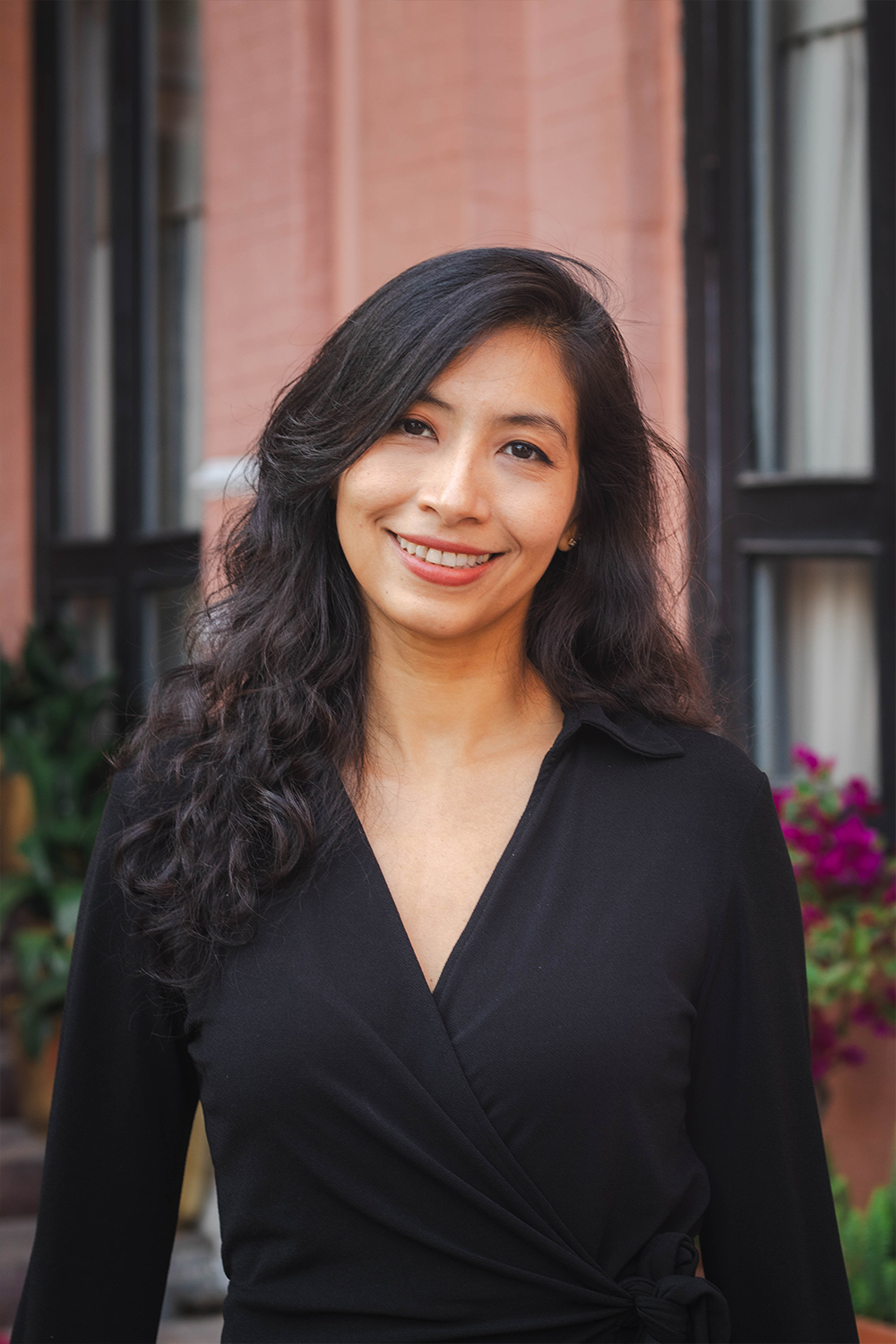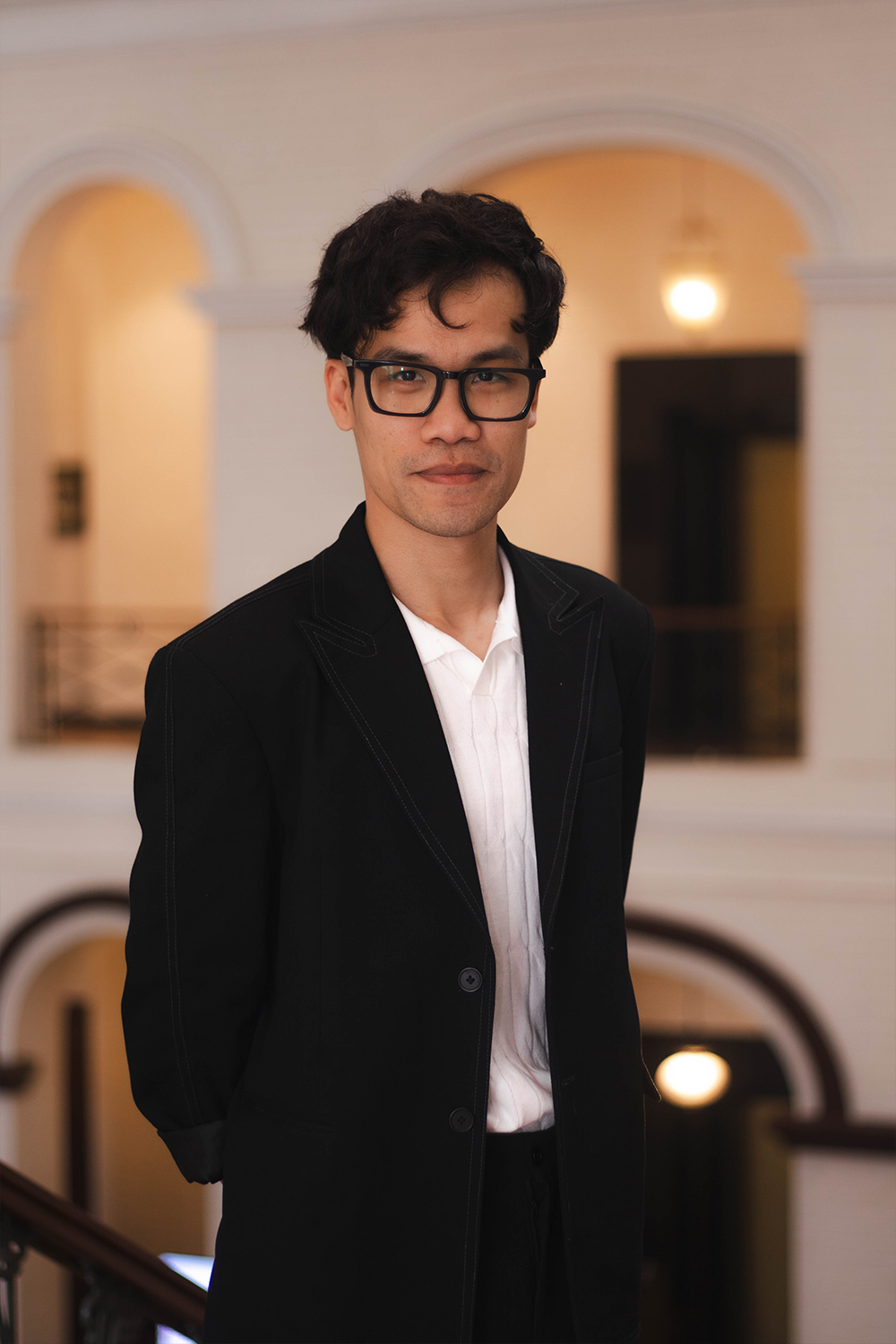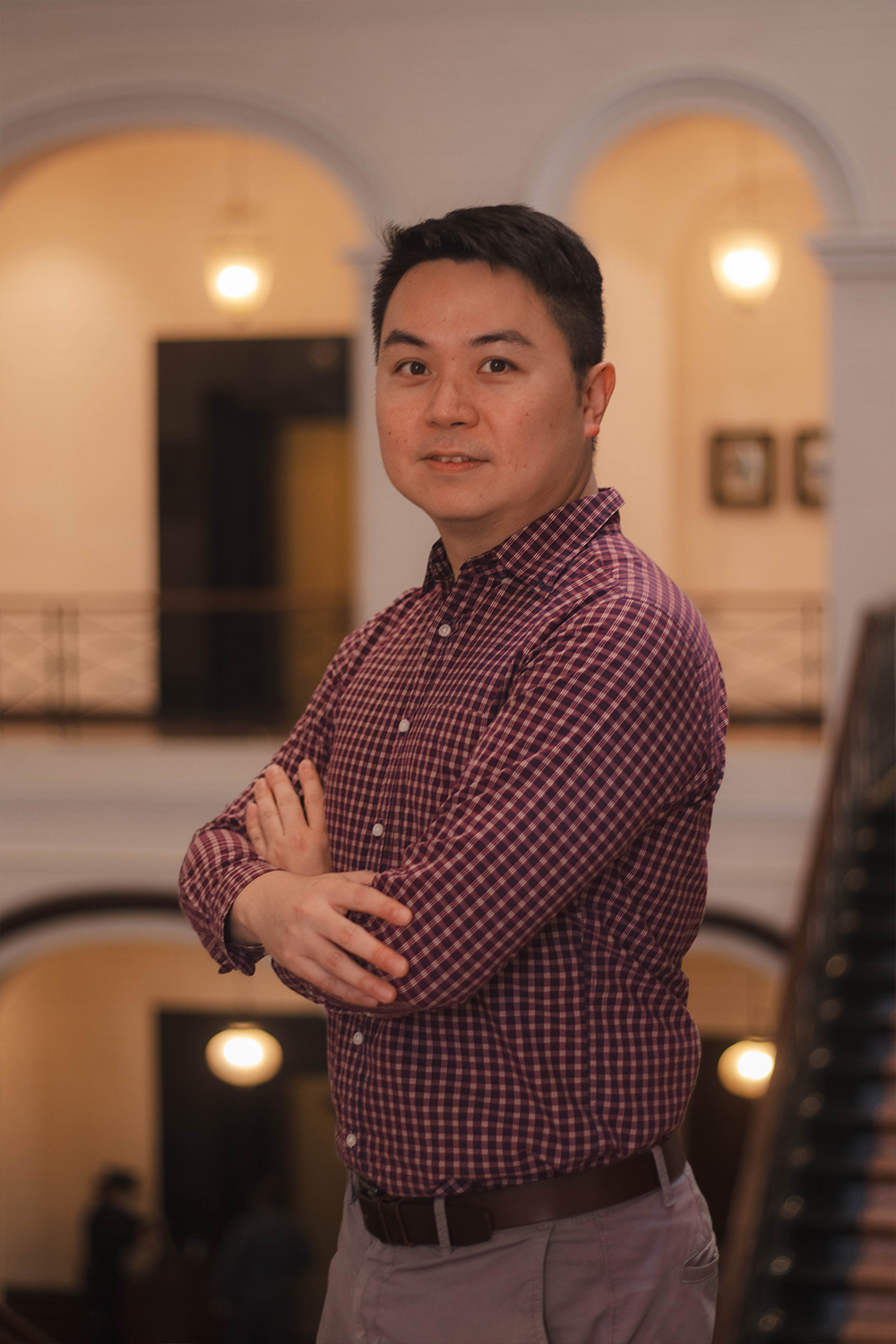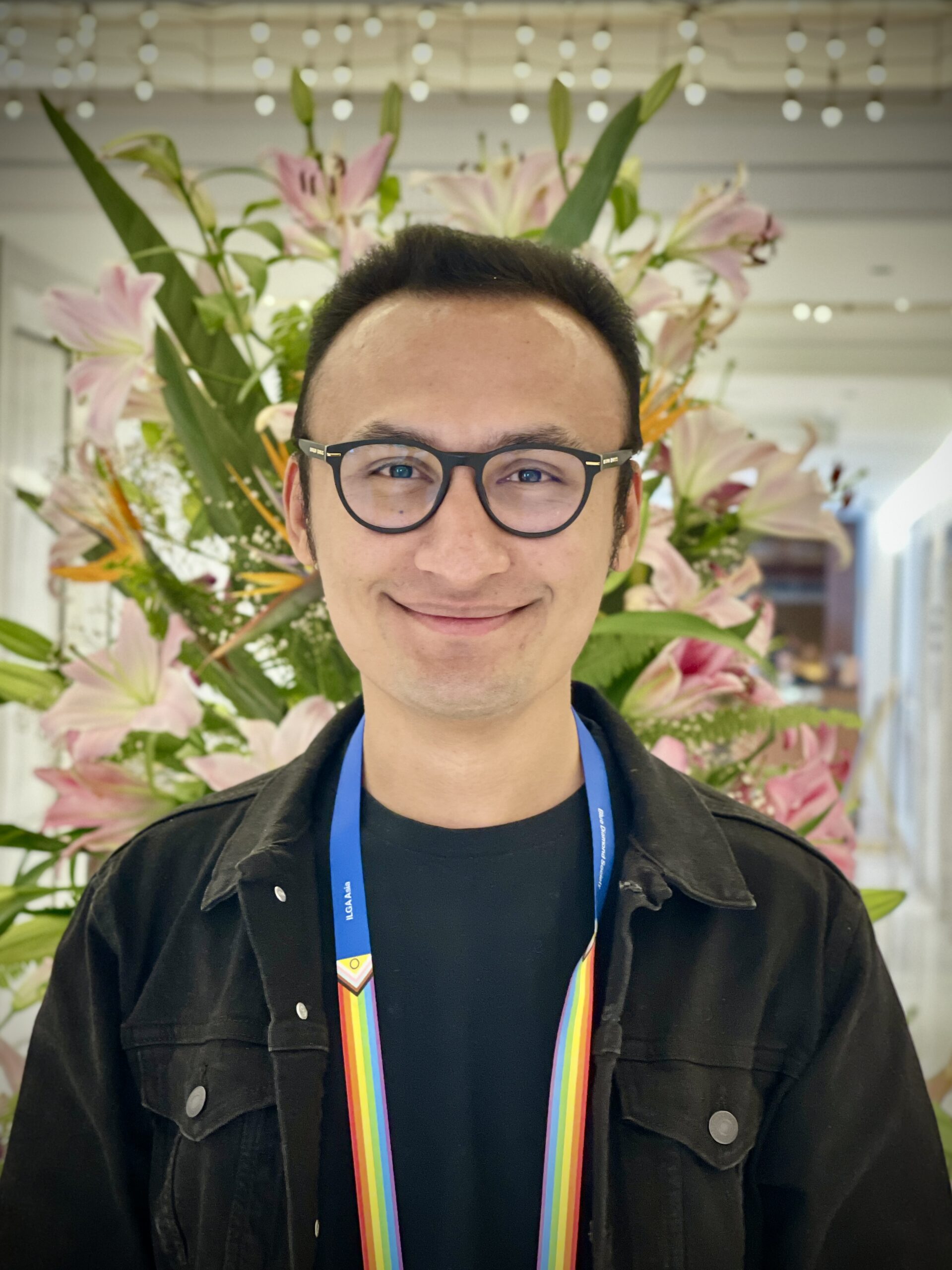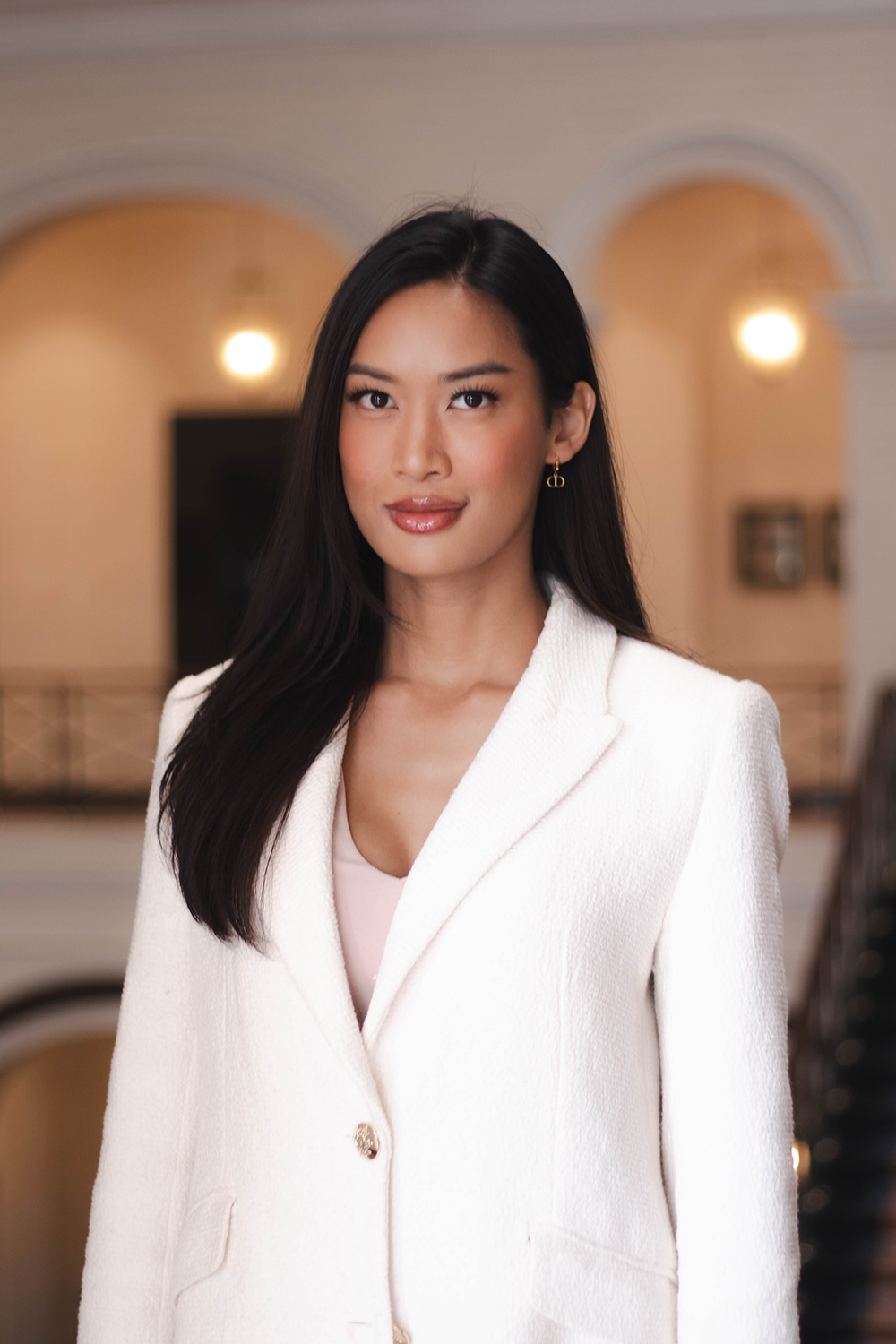A joint statement by ILGA Asia, Amnesty International, Equal Ground, and the International Commission of Jurists (ICJ).
14 June 2022
On 23 March 2022, in a landmark decision, the UN Committee on the Elimination of Discrimination Against Women (CEDAW) found that the criminalisation of consensual same-sex sexual activity between women under Section 365A of Sri Lanka’s Penal Code 1883 violates their right to non-discrimination under Article 2 (a) and (d)–(g) of the UN Convention on the Elimination of All Forms of Discrimination against Women, and called on the Sri Lankan authorities to decriminalise consensual same-sex sexual conduct between women.
Sri Lankan LGBTIQ rights activist Rosanna Flamer-Caldera, who is based in the country, brought a case against Sri Lanka to the CEDAW, complaining that she faced gender-based discrimination, including, in particular, as a result of Section 365A. In its decision, the Committee held that the Sri Lankan authorities had subjected her to gender-based violence and had not taken any legal or other measures to respect her right to a life free from gender-based violence, thereby violating Article 2 (c)–(f) of the Convention.
Welcoming the ruling, Rosanna Flamer-Caldera, Executive Director of EQUAL GROUND, said, “I am really happy about this decision and the recommendations made by the CEDAW committee. It is my fervent hope that the Government of my country will heed the recommendations made and repeal these laws that have systematically encouraged discrimination, marginalisation and violence against the LGBTIQ community of Sri Lanka. In this day and age, it is rather repressive and backward to cling on to laws that were left by the British over 135 years ago.”
The Committee noted that certain groups of women, including lesbian, bisexual, transgender and intersex women, are particularly vulnerable to discrimination owing to discriminatory laws that have a disproportionate impact on their ability to access justice. Recalling its recommendation to States parties to repeal provisions that allow, tolerate or condone any form of gender-based violence against women, the Committee urged the Sri Lankan government to decriminalise adult consensual same-sex sexual activity. Further, the Committee noted that repealing laws that prohibit consensual same-sex relationships is essential to protecting individuals against violence, discrimination and harmful gender stereotypes. The Committee also urged the Sri Lankan government to take specific and effective measures to ensure a safe and favourable environment for women human rights defenders and female activists, and to take immediate and effective action to stop the threats, harassment and abuse that Ms Flamer-Caldera has been subjected to and to ensure that she and her organisation can carry out their activism safely and freely.
The Committee further noted that Ms Flamer-Caldera was unable to approach the police and file complaints against the threats and harassment that she was subjected to, given that the criminalisation of same-sex sexual activity renders her vulnerable to arrest and prosecution. The fear of being discriminated against, harassed or even prosecuted under Section 365A prevents lesbian, bisexual, transgender and intersex women from approaching the police to report sexual abuse or violence. The Committee recalled the State Party’s obligations, under articles 2 and 15 of the Convention, to ensure that women have access to the protection and remedies offered through criminal law and that they are not subjected to discrimination while accessing those mechanisms.
Around the world, laws that criminalise consensual same-sex relations are being abolished, repealed and read down as legislatures, executives and the courts recognise that they are inherently discriminatory and deprive LGBTIQ individuals of their human rights. In 2018, the Indian Supreme Court read down Section 377 of the Indian Penal Code in a landmark ruling that recognised sexual orientation as a protected category under the Indian Constitution.
Recommendations
We urge the Sri Lankan authorities to:
- Repeal sections 365, 365A and 399 of the Sri Lanka Penal Code to ensure that these provisions are not used to disproportionately target individuals based on their real or perceived sexual orientation or gender identity.
- Ensure that no other laws can be used to discriminate against people because of their real or perceived sexual orientation or gender identity.
- Ensure that constitutional protection be provided to LGBTIQ individuals through the explicit inclusion of gender identity and sexual orientation in the non-discrimination provisions of the Constitution.
- Ensure that LGBTIQ individuals, including activists, social workers and human rights defenders, are given the full protection of the law, and are not harassed or discriminated against by law enforcement agencies
- Provide LGBTIQ people with a safe, impartial mechanism through which complaints against harassment, discrimination and violence can be made and heard, with due recourse within the framework of the Sri Lankan legal system.
- Promptly and impartially investigate all allegations of harassment and discrimination against LGBTIQ people and ensure perpetrators are held accountable.
Background
The criminalisation of consensual same-sex sexual conduct in Sri Lanka has its origins in British colonial law. Introduced in the Penal Code of 1883, Section 365 criminalises ‘carnal intercourse against the order of nature’ with a penalty of up to ten years’ imprisonment and a fine upon conviction. Section 365A, which criminalises acts of ‘gross indecency’, in public or in private, with a penalty of up to two years’ imprisonment and/or a fine upon conviction, is applicable to consensual same-sex sexual acts regardless of the gender of those involved. Section 365 originally criminalised “any act of gross indecency” between males. However, in 1995, the provision was amended to replace the term “male person” to “person”, thereby expanding its scope and bringing women who engage in consensual same-sex sexual conduct within its ambit. Further, Section 399 of the Sri Lankan Penal Code criminalises cheating by personation, defined as ‘pretending to be some other person’, with imprisonment of up to three years and/or a fine and has been used to target individuals based on their real or perceived gender identity or expression.
There is substantial evidence of the penal code provisions being enforced in recent years, with LGBTIQ people being frequently subject to arrest. There have been consistent reports of discrimination and violence being committed against LGBTIQ people in recent years, including assault, harassment, extortion, and the denial of human rights and services. Further, Article 16 of the Sri Lankan Constitution explicitly prevents legal challenges to the validity of laws that are already in force. This, coupled with a 2016 judgment by the Supreme Court of Sri Lanka which upheld the conviction of two men under sections 365 and 365A, makes the validity of these sections unable to be challenged in domestic courts.
